As forecast by Lima Charlie News in recent coverage of the ongoing situation in Northern Iraq, the Kurdistan Regional Government (KRG) released a statement on November 14th saying that it intends to honor an Iraqi federal court’s ruling stating that no individual federal region has the right to secede from Iraq without prior authorization from the Iraqi government.
The ruling came in light of ongoing tensions between the Iraqi government and Kurdistan, which held a public vote for a referendum of independence on September 25th. The referendum was passed by a wide margin, and precipitated a nationwide crisis between the federal government in Baghdad and the KRG in Erbil.
In the days that followed the vote, Iraqi and Kurdish troops clashed, and the Erbil government lost control of several resource-rich areas to advancing Iraqi forces. The Iraqi government also shut down civilian aviation routes to Erbil International Airport, and introduced severe economic sanctions on imports and exports from the region. KRG offered to make certain concessions, such as suspending the implementation of the referendum, yet the Iraqi government was resolute in that it would accept nothing short of a full annulment of the referendum.
While the KRG has disputed the court’s authority on the matter, it quickly began national and international diplomatic discussions to attempt to find a favorable resolution to the delicate situation. After a series of diplomatic proxy bids, and the resignation of the long time President of Kurdistan, Massoud Barzani, the KRG decided that, for the time being, appeasement was the best course of action.
On November 14th, the KRG released a statement acknowledging the Iraqi federal court’s decision, and stated that it intends to honor it. The statement concludes: “We believe that this Decision must become a basis for starting an inclusive national dialogue between Erbil and Baghdad to resolve all disputes through implementation of all constitutional articles and in a way that guarantees all rights, authorities and status mentioned in the Constitution, since this is the only way to secure the unity of Iraq, as Article 1 stated.”
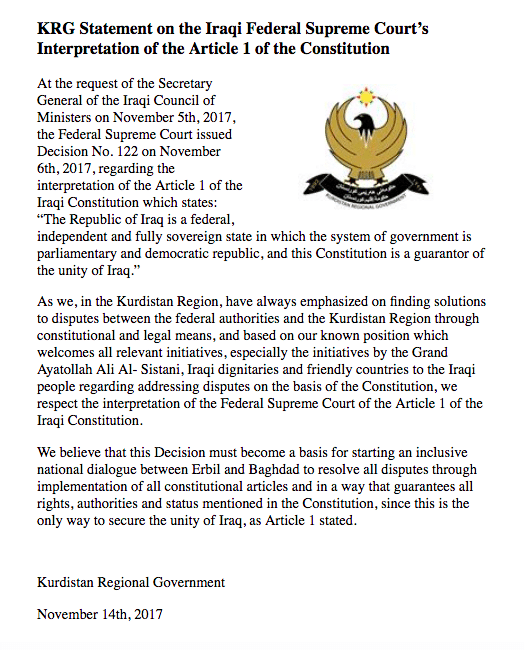
However, while the Kurdistan leadership is nullifying its referendum, they did add the caveat that they are intent on seeking further diplomatic dialog to claim independence at a later date.
The KRG announcement was welcomed by the international community, including Iraqi and Kurdish allies in Washington, as well as in Baghdad. Haider al-Abadi, Iraq’s Prime Minister, welcomed this act of statesman-like diplomatic discourse and publicly requested that sanctions and other restrictions be eased.
The Kurdistan-Iranian border area suffered a 7.3 magnitude earthquake which killed at least 15 people, injuring 800, on November 12th. The earthquake caused severe damage to several urban centers in the area, and the international community has been sending aid to the area to help with the situation. The earthquake’s devastating effects likely sped up the process of repealing the referendum.
The US, France, UK, and Germany have issued statements of support for the repeal, and for a unified Iraq.
LIMA CHARLIE, MENA Desk
Lima Charlie provides global news, insight & analysis by military veterans and service members Worldwide.
For up-to-date MENA news, please follow us on twitter at @LimaCharlieMENA and John Sjoholm @JohnSjoholmLC
In case you missed it:
Excerpt from “A Kurdish ‘Game of Thrones’ unfold in Iraq with a curious referendum:
In a gamble to preserve his power and legacy in the region, and to wield personal influence on the international stage, Iraqi Kurdistan’s leader, Mas’oud Barzani, makes some bold Machiavellian-like moves.
After engaging in a convoluted scheme, that endangered the frail stability of a region, the quest of a people, and the integrity and unity of a nation, Mas’oud Barzani resigned as President of Iraqi Kurdistan.
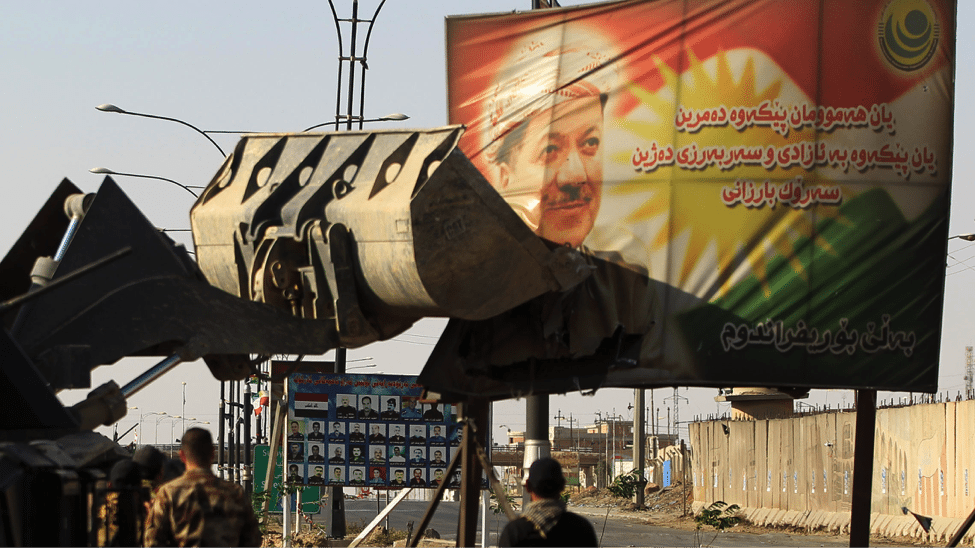
(AHMAD AL-RUBAYE / AFP)
Did Barzani overplay his hand?
They were brothers in arms against a common enemy too remorseless for comprehension. Now, with that enemy nearing defeat, former allies have become adversaries.
Amidst the smoldering ruins of the battlefield in the still-ongoing war against the Islamic State, Iraqi and Kurdish forces are reluctantly interlocked against one another in battle. Northwest of Mosul, from positions previously held by the Islamic State, Iraqi Army artillery now fire high explosive projectiles at Kurdish positions.
Iraqi government affiliated forces have now begun to advance against Kurdish Peshmerga positions inside the strategic Fishkhabour triangle, a central logistic trade and travel hub, where the borders of Turkey, Iraq and Syria converge.
With the conflict against the Islamic State resulting in the displacement of thousands of civilians, crippling damage to the local infrastructure, and further destabilization of an already fragile oil industry, the Iraqi nation faces a fight that no one truly wants. Worse, there is a renewed fear of war between brothers. Civil war beckons.
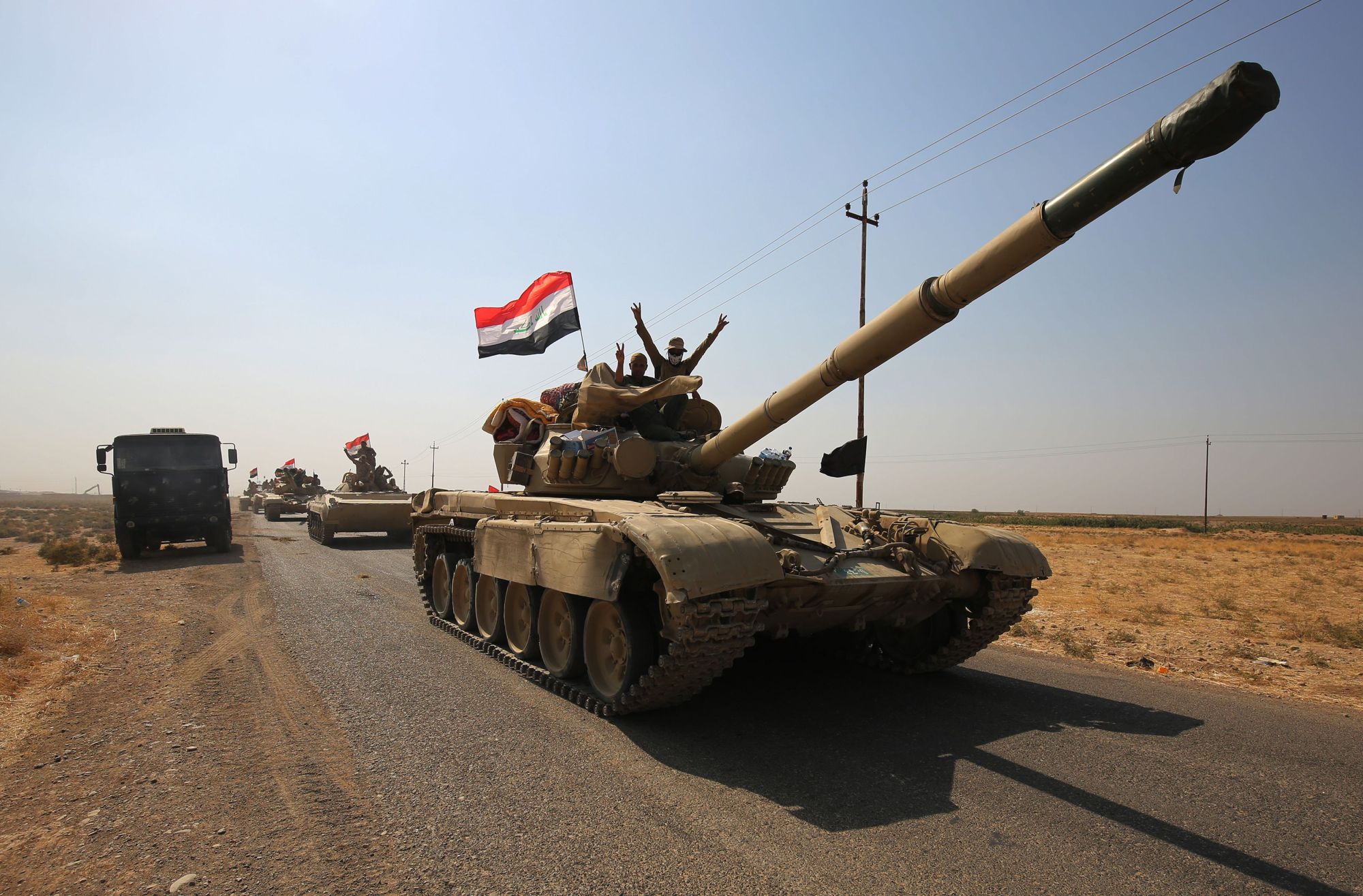
How did it come to this?
In actions reminiscent of the plot lines of the television shows House of Cards and Game of Thrones, Mas’oud Barzani initiated risky chess moves to preserve his personal and family influence on Kurdish affairs. Such moves now threaten to destroy everything, including the Kurdish people as a whole, along with his own legacy. By instigating a referendum declaring an independent Kurdish nation, Barzani has now triggered increasingly volatile responses from several regional parties that include his own trade partners, such as Turkey, and the Kurds’ ally against the forces of Islamic extremism, the Iraqi government.
On October 29, despite the expiration of his term in office on November 1, Barzani announced that he would not seek an extension, effectively resigning. The announcement has observers questioning Barzani’s motives. Was this an attempt to utilize a democratic process to gain more favor with Western allies? Could this provide Barzani with the means to extend his personal influence beyond the region into world politics?
I will continue to serve my people and I have been, before, during and after the Presidency, the same Masoud Barzani, the same Peshmerga
— Masoud Barzani (@masoud_barzani) October 29, 2017
An examination of Barzani’s family tribal history, the newer Kurdish factions that threaten his dominance, and the lessons learned from the example of Yasser Arafat and his Palestinian Liberation Organization (PLO), may provide hints of big-picture strategy at work …

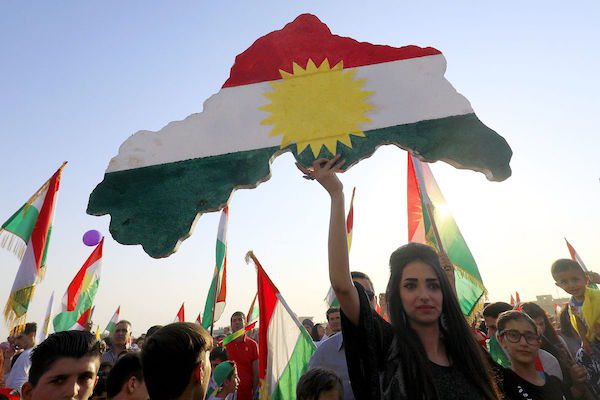
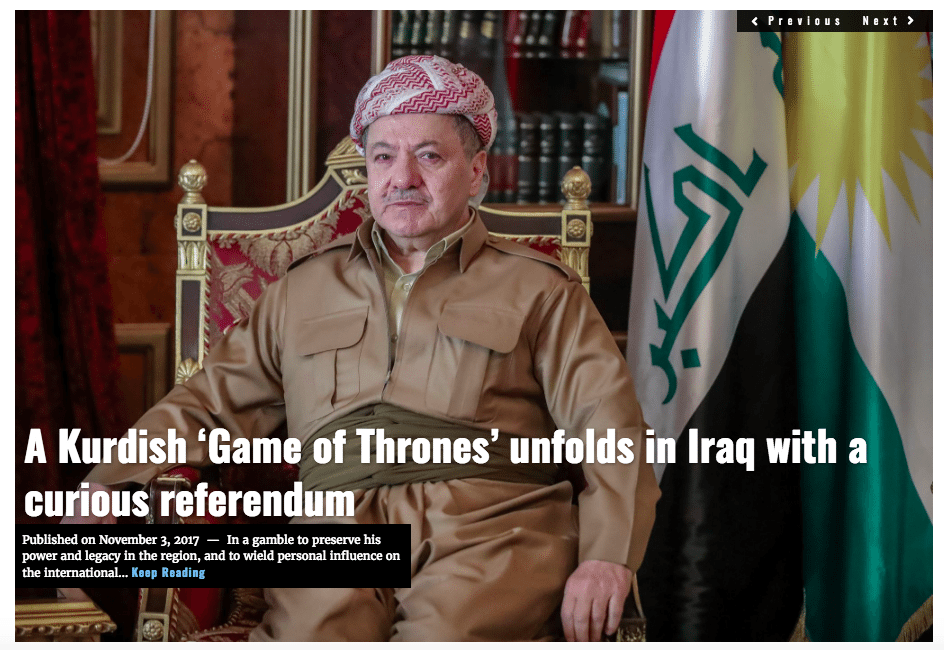

![STRATEGIC OPTION | Syrian Endgame - The Hard Truth [Lima Charlie News][Photo: Bulent Kilic]](https://limacharlienews.com/wp-content/uploads/2019/05/STRATEGIC-OPTION-Syrian-Endgame-e1558501175322-480x384.png)
![Image The Alevis Dilemma [Lima Charlie News]](https://limacharlienews.com/wp-content/uploads/2019/04/Alevis-Erdogan-480x384.png)
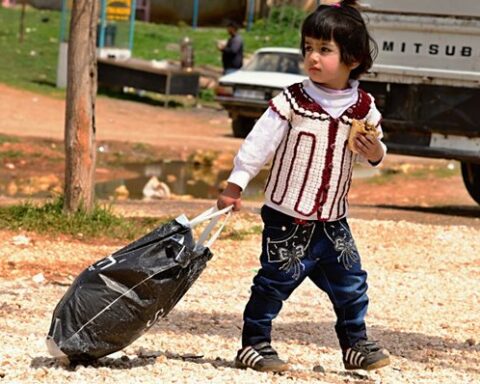
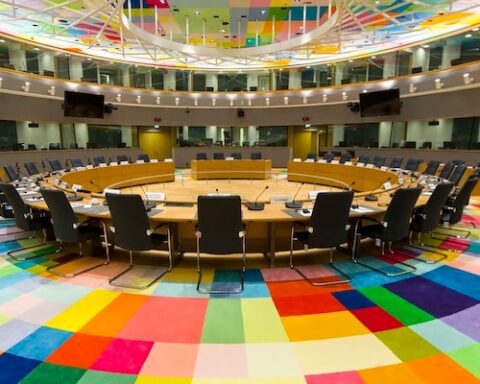

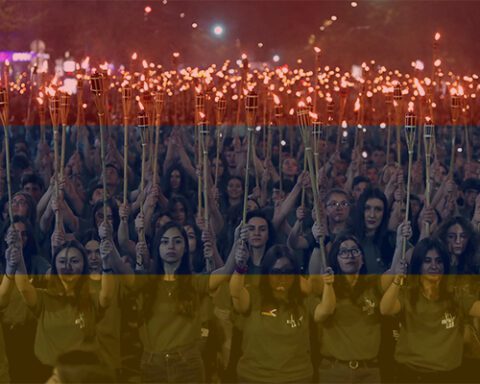

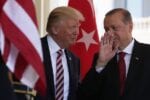
![STRATEGIC OPTION | Syrian Endgame - The Hard Truth [Lima Charlie News][Photo: Bulent Kilic]](https://limacharlienews.com/wp-content/uploads/2019/05/STRATEGIC-OPTION-Syrian-Endgame-e1558501175322-150x100.png)